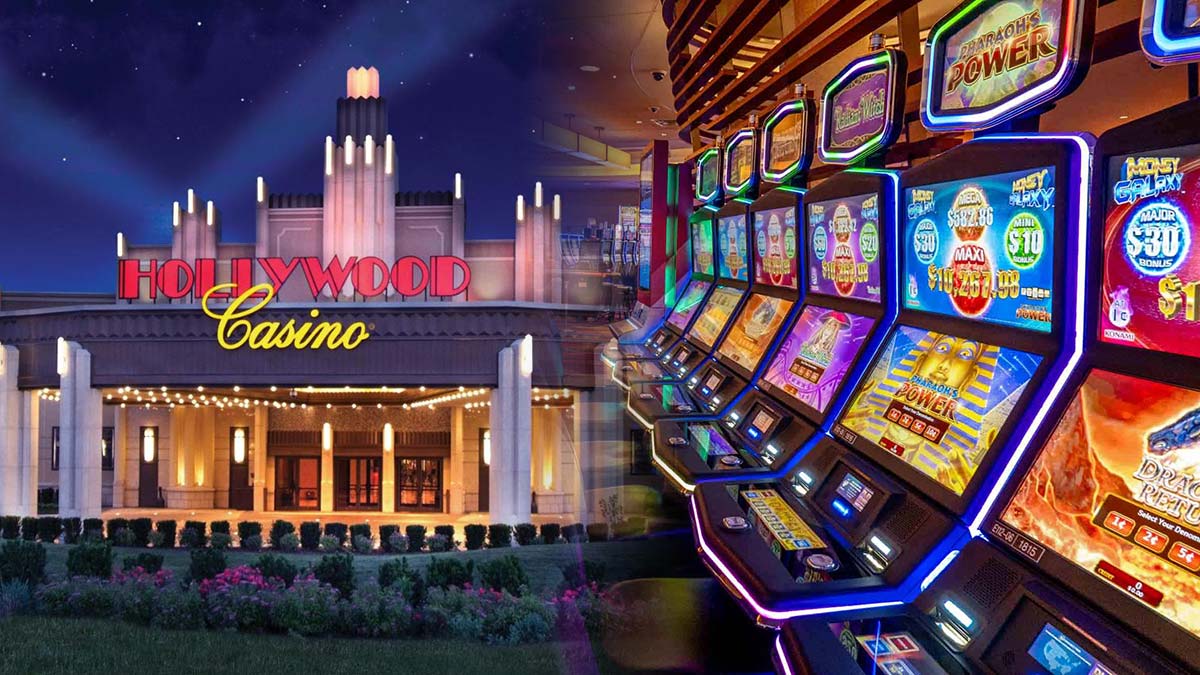
In the world of gambling, in which chance and strategy converge, a unique tapestry of beliefs unfolds—one that braids luck, fate, and the enigmatic nature of casino games. Casinos, bustling with excitement and anticipation, are not just venues for placing bets; they are also arenas where superstitions thrive. From the novice player to the seasoned gambler, these mysterious practices often shape how individuals approach the games they play, holding the belief that their actions can impact the outcome in ways that go beyond mere probability.
When players gather around roulette wheels, blackjack tables, and slot machines, the atmosphere is thick with stories of lucky charms, rituals, and codified behavior that defy logic yet provide a sense of comfort. Whether it’s wearing a specific outfit, following a particular sequence of bets, or even avoiding certain numbers, the attachment to various superstitions reflects a deep-rooted desire to control the uncontrollable. This article delves into the captivating world of casino game superstitions, examining the beliefs that both entertain and mystify those who dare to play.
Historical Beginnings of Superstitions
Gambling activities have long been entwined with an host of superstitions that go back to early civilizations. The roots of these ideas can be associated to humanity’s intrinsic desire to influence the random outcomes associated with fortune and uncertainty. In primitive civilizations, activities of chance were often connected to ritualistic practices. Gamblers would seek blessings or seek favor from gods, believing that their actions could affect the odds in their benefit. This basis laid the basis for the variety of superstitions that developed as gambling evolved over time.
During the medieval period, betting became a common activity across European nations, and with it, a diverse tapestry of superstitions developed. Players adopted various rituals and charms, believing they could affect the results of games. The significance of digits, in particular, started to appear in superstitions pertaining to card games and dice. The number 7 was often considered auspicious, while various numbers carried negative connotations. These ideas mirrored the societal contexts of the time, adapting as they transferred through generations and transformed to emerging gaming environments.
As gambling houses emerged in the seventeenth century, particularly in Italy and the French nation, the atmosphere surrounding gambling became imbued in mystique. The growing accessibility of casino games allowed for the spread and diversification of superstitions among players. Concepts like fortunate charms, specific seating arrangements, and rituals gained importance, creating a distinct culture within gambling establishments. As these traditions continued to thrive, they became fundamental to the essence of casino activities, illustrating how history and society shape the notions that influence how gamblers connect with chance.
Common Gambling Myths
Superstitions surrounding casino games are plentiful and diverse, reflecting the dreams and anxieties of gamblers as they engage in chance-based games. One of the most prevalent views is that certain digits bring luck or bad luck. For example, the digit seven is often seen as a favorable digit, frequently embraced by players looking for a favorable result. Conversely, the number thirteen is routinely considered unlucky, leading many gamblers to steer clear of it during their gambling periods.
Another frequent belief relates to rituals that gamblers believe can influence their odds. It could be blowing on dice before a throw, using a particular hand to place a bet, or even putting on specific items of clothing, many individuals feel that these rituals can tilt luck in their benefit. These practices offer a feeling of power in an otherwise unpredictable environment, strengthening the idea that luck can be created through individual beliefs and habits.
Finally, the environment and vibe of the casino itself contributes to superstition. Many players suggest that the presence of specific symbols, such as four-leaved clovers or lucky coins, can enhance their odds of winning. oke179 com Additionally, gamblers might hold to the belief that winning streaks can be halted by mundane events, such as someone walking past or a accident at the table. The collective environment in a gambling house can amplify these beliefs, creating a shared culture of superstitions that goes beyond individual encounters.
Impact of Superstitions on Players
Beliefs play a important role in the mindset of casino players, often affecting their behavior and decision-making. Many gamblers believe that fortune can be manipulated through different rituals, such as wearing a lucky charm, selecting specific colors, or steering clear of particular digits. This dependence on superstitions can create a sense of authority in an environment that is intrinsically unpredictable. Players frequently feel more confident and involved when they feel that their actions could sway the result of a game in their advantage.
The influence of these superstitions extends past individual players, affecting the overall atmosphere within the casino. For instance, a player who holds the belief in the luck of a certain slot machine might attract a crowd, as onlookers are intrigued by their apparent success. This collective belief can heighten excitement and create a dynamic environment, leading to an captivating experience even for those who may not necessarily be superstitious. The excitement around specific games can lead to higher participation and longer playing sessions, supporting the casino’s lively social scene.
In some instances, superstitions can lead to detrimental effects for players. Relying too heavily on rituals can result in bad gambling decisions, as some may ignore basic strategies in favor of baseless beliefs. Additionally, the pressure to perform rituals may increase anxiety and stress levels, diminishing from the enjoyment of the experience. Ultimately, while superstitions can enhance the excitement of playing casino games, they can also lead to foolish choices that overshadow the enjoyment and entertainment intended in the casino experience.